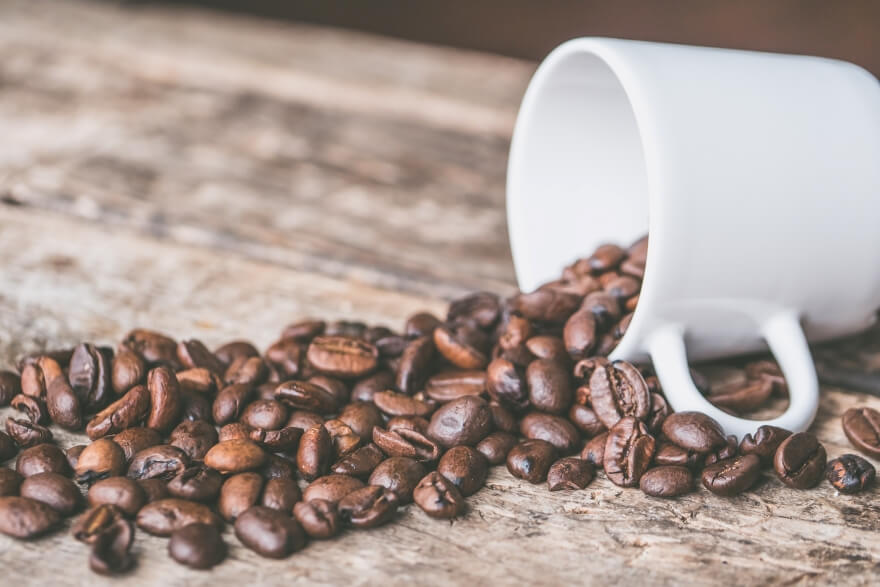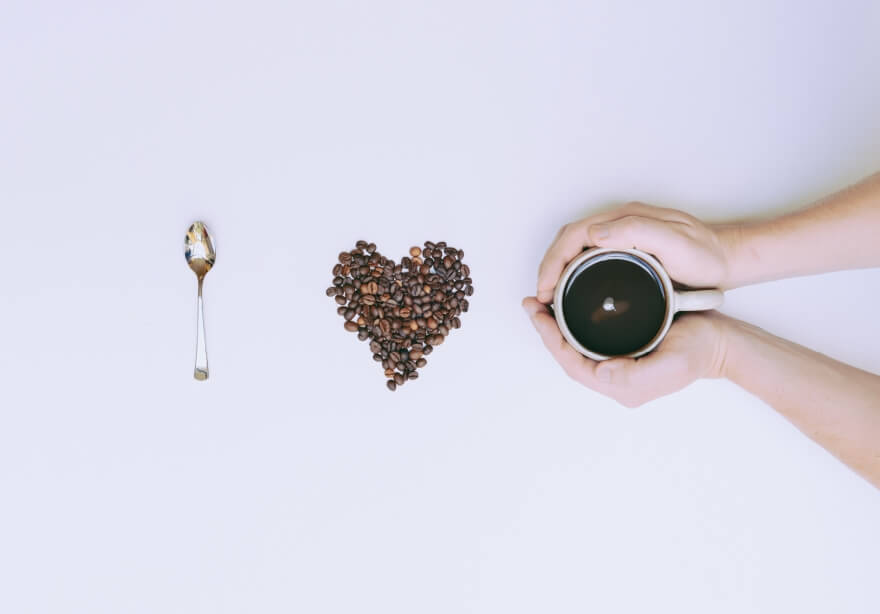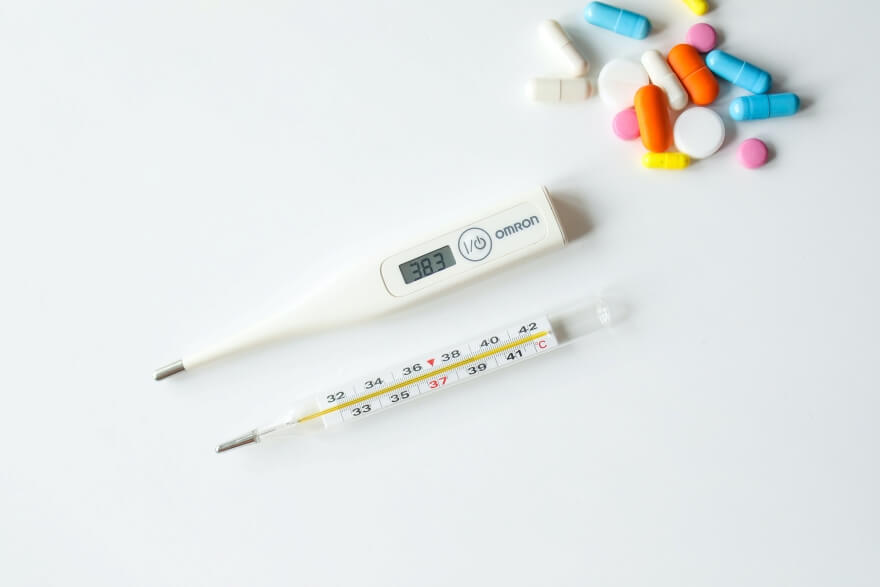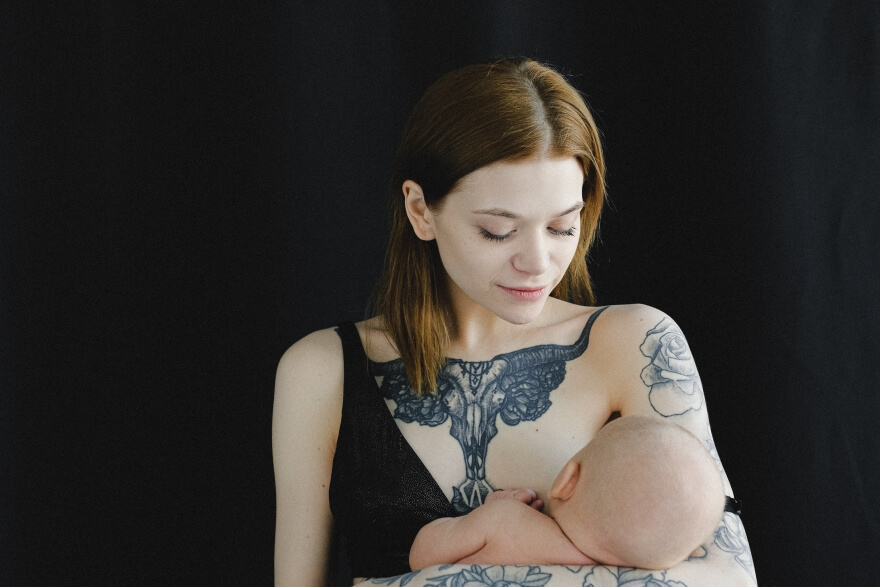Can You Drink Coffee While Breastfeeding?

The life of a new parent is nothing if not exhausting. Between night feedings, new schedules, and regular life activities, coffee can feel like a necessity! But can you drink caffeine while breastfeeding?
If you are a breastfeeding parent who wants to make sure your morning beverage is still a safe option for your baby, there’s good news! Drinking coffee in moderation does not affect most full-term, healthy babies negatively. However, as with most parenting decisions, you will have to consider your specific situation before making a decision.
How much coffee can I safely drink while breastfeeding?
Generally, 200-300 mg of caffeine a day is considered safe for a breastfeeding mother to consume. Babies only consume about 1.5% of the caffeine you consume, which is a very small amount when you only drink coffee in moderation.
Since one regular 8oz cup of coffee contains around 100mg of caffeine, 2-3 cups a day should be safe for you and your full-term baby. Some coffee and tea drinks may contain more caffeine per serving depending on their strength and size, so be sure to check labels or ask about your beverages when drinking anything aside from regular black coffee.
Why might some babies be more affected by caffeine than others?
If your baby was born prematurely, has health considerations, or is very young (under six months), you might be more likely to notice side effects. Babies in these categories have a harder time metabolizing the caffeine found in breast milk.
Sometimes, your baby may simply be more sensitive to caffeine. Some mothers have noticed that different babies react differently to their caffeine consumption even when they were all full-term, healthy babies. Trust your instincts if you think your baby is more sensitive to caffeine!
What are the side effects a baby might experience from too much caffeine?
What are some ways your baby might respond negatively to caffeine? Primarily, it will be the same side effects you get when you drink too much coffee! Caffeine is a stimulant that affects the central nervous system. If your baby is reacting to it, they may have a hard time falling or staying asleep, be extra wakeful, or show signs of irritability.

What is the best time to drink coffee while breastfeeding?
Caffeine levels are highest in breastmilk around 1-2 hours after the mother has ingested it. If you want to avoid feeding your baby when these levels are at their peak, try to nurse or pump right before or as you are consuming your coffee.
Of course, if you are like most new moms, you might not have a chance to sit and drink your coffee all at once! If you are sticking to the recommended moderate amounts of caffeine, you probably don’t have to worry about it when you realize you need to reheat the cold coffee that you never finished...for the fourth time.
Are there other sources of caffeine besides coffee to be aware of?
Drinking coffee or tea is not the only way that you might be ingesting caffeine! Make sure to pay attention to any foods or beverages that might add to your daily caffeine intake. That way you’ll be able to prioritize your consumption and keep your baby from being accidentally exposed to more caffeine than you intended.
Chocolate contains caffeine, as well as a variety of sodas, sports drinks, and energy drinks. Even decaf coffee still contains 3% caffeine! Be aware of these sources of caffeine when going about your day, and try to stick to 200-300 mg overall.
What should I do if I think my baby is experiencing side effects?
It can take 2-3 weeks after cutting out caffeine to start to see the effects of removing it. If you think your baby might be experiencing side effects, try to make the commitment to switch to decaf beverages for at least 3 weeks in order to get a good idea of how your baby is reacting.
If you are a daily coffee drinker, make sure that you cut down gradually so that you can avoid the headaches that often accompany quitting all at once. You can start measuring the 2-3 weeks after you have made the full switch to decaf beverages.
While drinking coffee in moderation is generally considered safe while breastfeeding, every baby is different! Paying attention to the way your baby reacts when you drink caffeine can give you a lot of information about if they are experiencing side effects or not.
Don’t forget to check nutrition labels and take into consideration other caffeinated foods and beverages when monitoring your intake. Stick to 200-300 mg of caffeine a day from coffee, tea, and other sources in order to make sure your baby has the best chance of being able to metabolize any caffeine in your breastmilk efficiently.
If your baby was premature or has other health concerns, check with your care provider to make sure that drinking coffee is safe. Otherwise, grab your favorite mug and try to remember to drink it before it gets cold!


